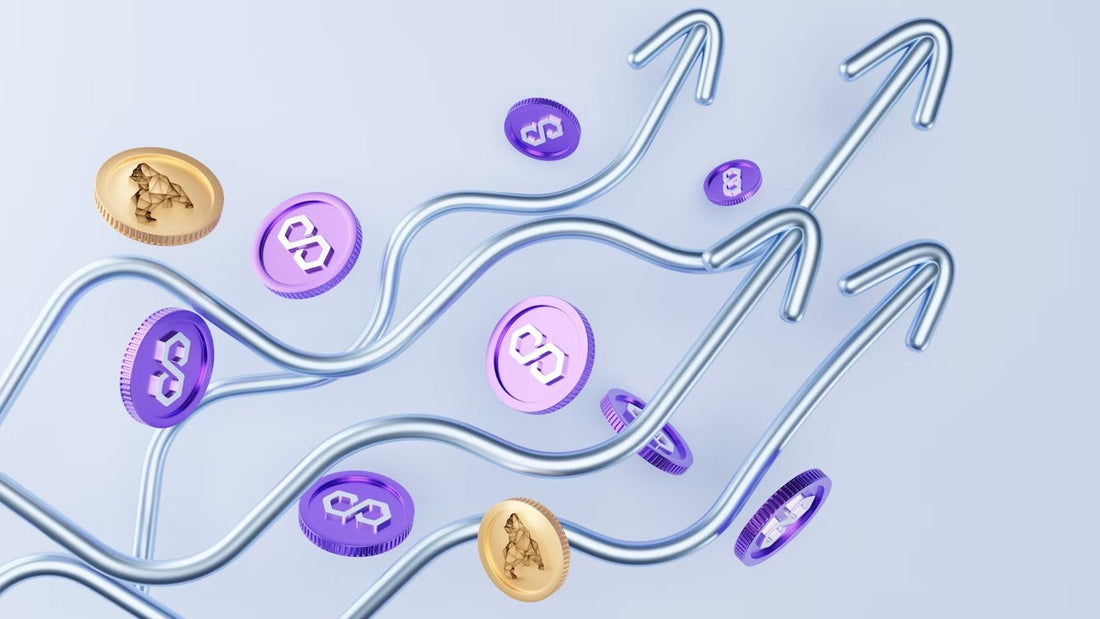Menopause is more than just a hormonal shift—it’s a full-body transformation that brings about changes in mood, metabolism, skin, sleep, and more. While some women breeze through it, others face an onslaught of symptoms that seem to defy logic or predictability. What’s often overlooked in this conversation? The role of oxidative stress—and how antioxidants like resveratrol may provide meaningful support.
What Happens to Your Body During Menopause?
As estrogen and progesterone levels decline, a ripple effect begins across various systems in the body. You may notice more fatigue, irritability, forgetfulness, or dry skin. Joint aches become more common, sleep can get patchy, and weight may creep up around the middle.
One of the less talked-about contributors to these symptoms is oxidative stress—a state where the body’s natural antioxidant defenses can’t keep up with the damage caused by free radicals. This imbalance has been linked to:
- Faster aging of skin and joints
- Increased inflammation
- Sleep disturbances
- Mood swings
-
Lower resilience against daily stress
That’s where antioxidant nutrients, like resveratrol, come into play.
The Science Behind Resveratrol’s Menopause Support
Resveratrol is a polyphenolic compound found in grapes, blueberries, and certain medicinal plants. While it rose to fame for its heart health benefits, newer research has zoomed in on its potential role in female hormonal health.
What makes it interesting for midlife women is this: resveratrol has both antioxidant and phytoestrogenic effects—meaning it not only protects cells from damage but also gently interacts with estrogen receptors in the body.
Studies have shown that:
- Resveratrol may reduce inflammation, easing symptoms like joint discomfort and fatigue.
- It supports vascular function, which could help ease hot flashes caused by blood vessel reactivity.
- Its neuroprotective benefits may positively impact mood, memory, and sleep quality.
-
It may also offer skin and bone protection, areas that often suffer due to estrogen decline.
Why It’s About Building Resilience, Not Replacing Hormones
Unlike hormone therapy, which replaces estrogen directly, resveratrol takes a modulatory, supportive approach. It’s not about overriding your body’s changes—it’s about helping you adapt with strength, clarity, and calm.
Think of it as a daily nutrient ally—something that quietly supports your transition without overwhelming your system.
Of course, it’s not a magic bullet. Resveratrol works best when paired with smart lifestyle habits: nourishing food, strength training, sleep hygiene, and emotional regulation.
Choosing the Right Resveratrol Supplement
If you’re exploring supplements, be choosy. Resveratrol’s effectiveness depends heavily on purity and bioavailability. Look for supplements that:
- Clearly state the type of resveratrol (trans-resveratrol is more active)
- Are free from fillers, artificial additives, or unnecessary binders
- Come with third-party testing or transparency in sourcing
-
Are formulated with women’s health in mind
Menopause Support Starts With Awareness
This stage of life deserves more than outdated stigma or vague promises. Women deserve science-backed, natural tools that respect the complexity of the body and the power of the mind.
Whether you’re navigating perimenopause or well into the transition, supporting your body with antioxidants like resveratrol can be a thoughtful addition to your routine. It’s not about chasing youth—it’s about preserving vitality and balance in a time that asks you to slow down and reconnect with yourself.
FAQs
Q: Does resveratrol actually balance hormones?
Not directly. It may help modulate estrogen activity and reduce inflammation, which in turn supports overall hormonal harmony.
Q: Can I take resveratrol with other supplements?
Generally, yes—but consult your doctor, especially if you're already on medications or hormone therapy.
Q: When should I start resveratrol?
Early perimenopause is a good window, but it's helpful anytime during the menopause transition if you’re experiencing fatigue, mood shifts, or inflammation.





